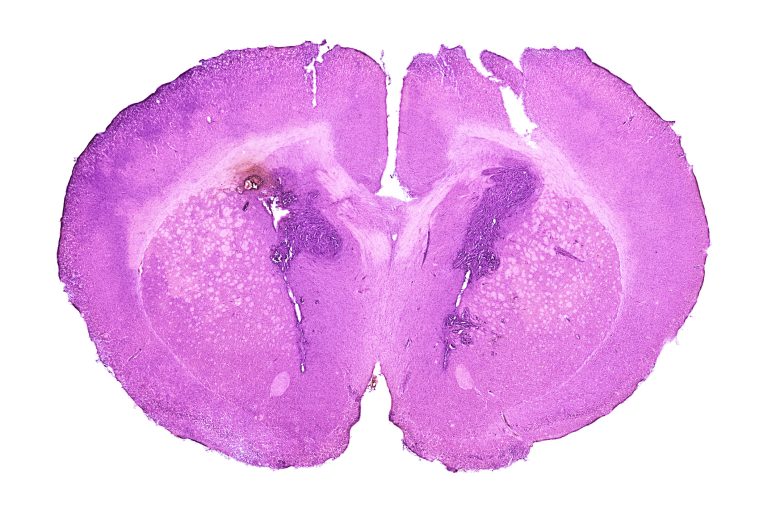
Scientists in Australia report that they used chimeric antigen receptor (CAR) T cell therapy to clear brain cancer tumors in preclinical models. The team, which published its study (“Novel high‐affinity EGFRvIII‐specific chimeric antigen receptor T cells effectively eliminate human glioblastoma”) in Clinical and Translational Immunology, believes its approach to immunotherapy design could pave the way for new treatments for people with glioblastoma.
“The increasing success of Chimeric Antigen Receptor (CAR) T cell therapy in hematological malignancies is reinvigorating its application in many other cancer types and with renewed focus on its application to solid tumors. We present a novel CAR against glioblastoma, an aggressive, malignant glioma, with a dismal survival rate for which treatment options have remained unchanged for over a decade,” write the investigators.
“We use the human Retained Display (ReD) antibody platform (Myrio Therapeutics) to identify a novel single‐chain variable fragment (scFv) that recognizes epidermal growth factor receptor mutant variant III (EGFRvIII), a common and tumor‐specific mutation found in glioblastoma. We use both in vitro functional assays and an in vivo orthotopic xenograft model of glioblastoma to examine the function of our novel CAR, called GCT02, targeted using murine CAR T cells.
“Our EGFRvIII‐specific scFv was found to be of much higher affinity than reported comparators reverse‐engineered from monoclonal antibodies. Despite the higher affinity, GCT02 CAR T cells kill equivalently but secrete lower amounts of cytokine. In addition, GCT02‐CAR T cells also mediate rapid and complete tumor elimination in vivo.
“[In conclusion] we present a novel EGFRvIII‐specific CAR, with effective antitumor functions both in in vitro and in a xenograft model of human glioblastoma.”
“This approach of immunotherapy harnesses the patient’s white blood cells to recognize and destroy their own cancer,” said Misty Jenkins, Ph.D., associate professor, immunology division, The Walter and Eliza Hall Institute of Medical Research, Parkville, Victoria Australia
“Current CAR T cell approaches have relied on repurposing existing antibodies. We have created our own, high-affinity specific receptors, which enable them to bind very tightly to the cells. We found this approach completely cleared the tumor in preclinical models of brain cancer in the laboratory.”
Jenkins added that the research team was now looking to progress the “proof of concept” research through to clinical trials.
“If we can progress this to clinical trials, it would be Australia’s first CAR T clinical trial for brain cancer,” she continued. “CAR T cell immunotherapy is still very new, but it has enormous potential, and we are excited about its future applications. This won’t necessarily be the silver bullet for brain cancer, but I envision this treatment could potentially be used in combination with other therapies in the future, offering hope to people diagnosed with this insidious disease.”













